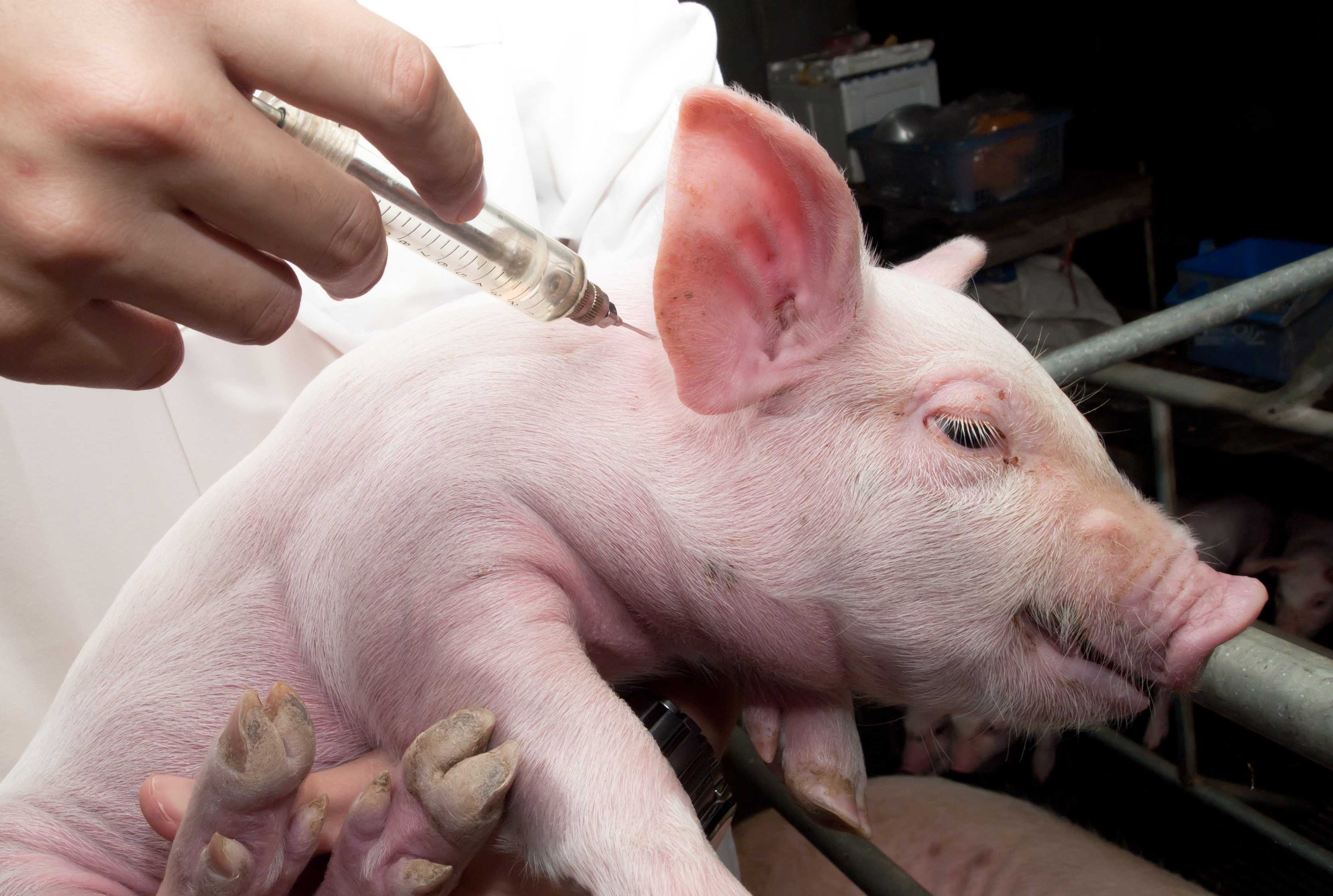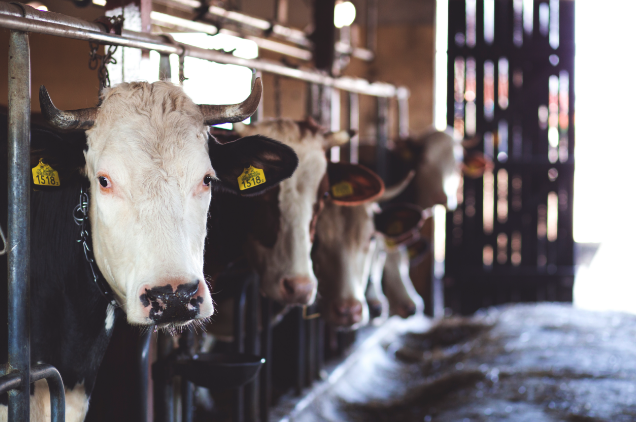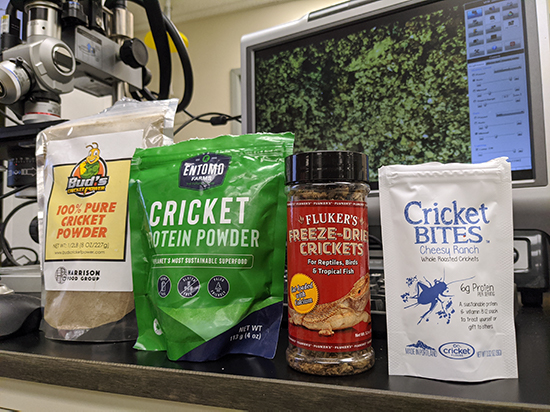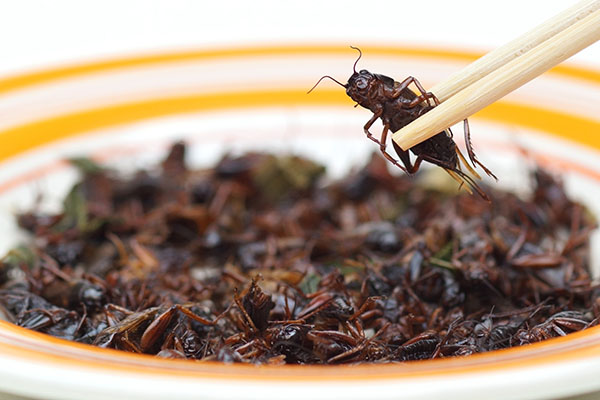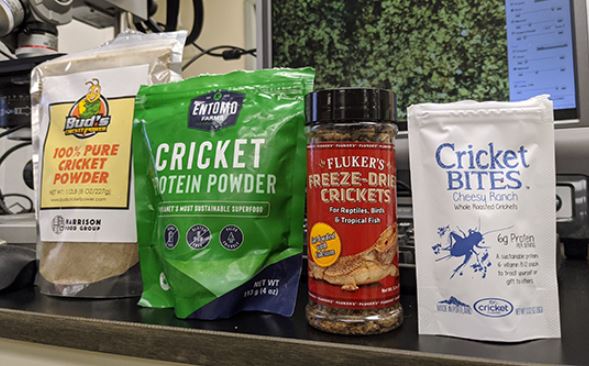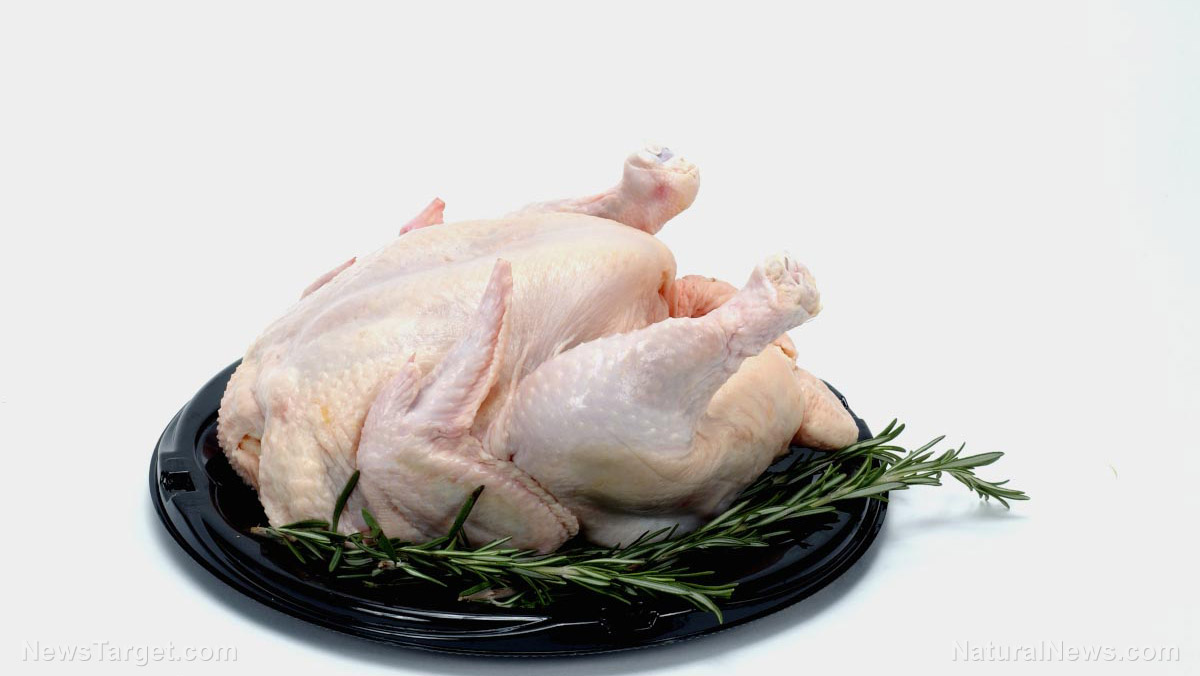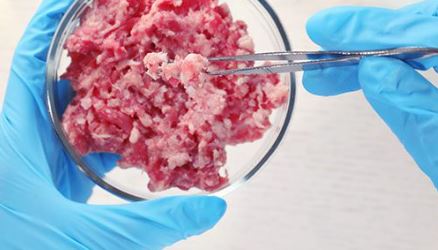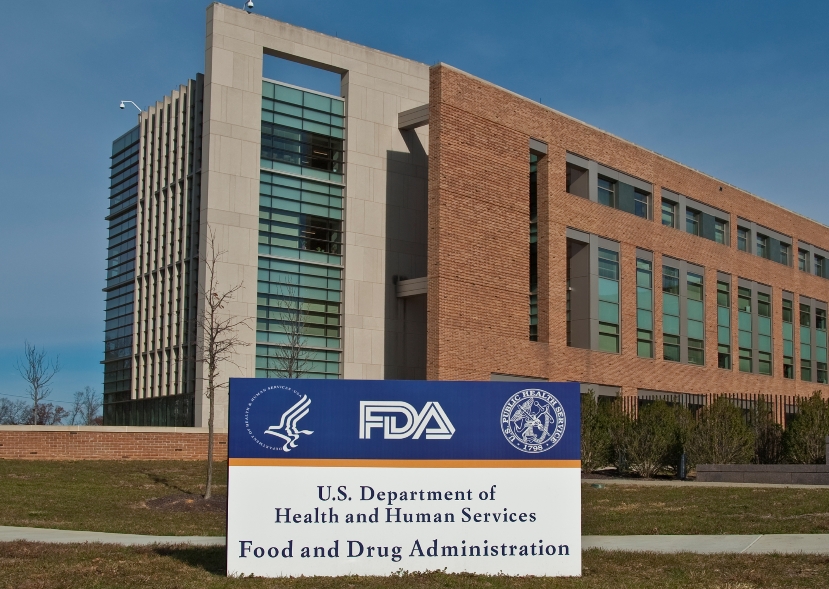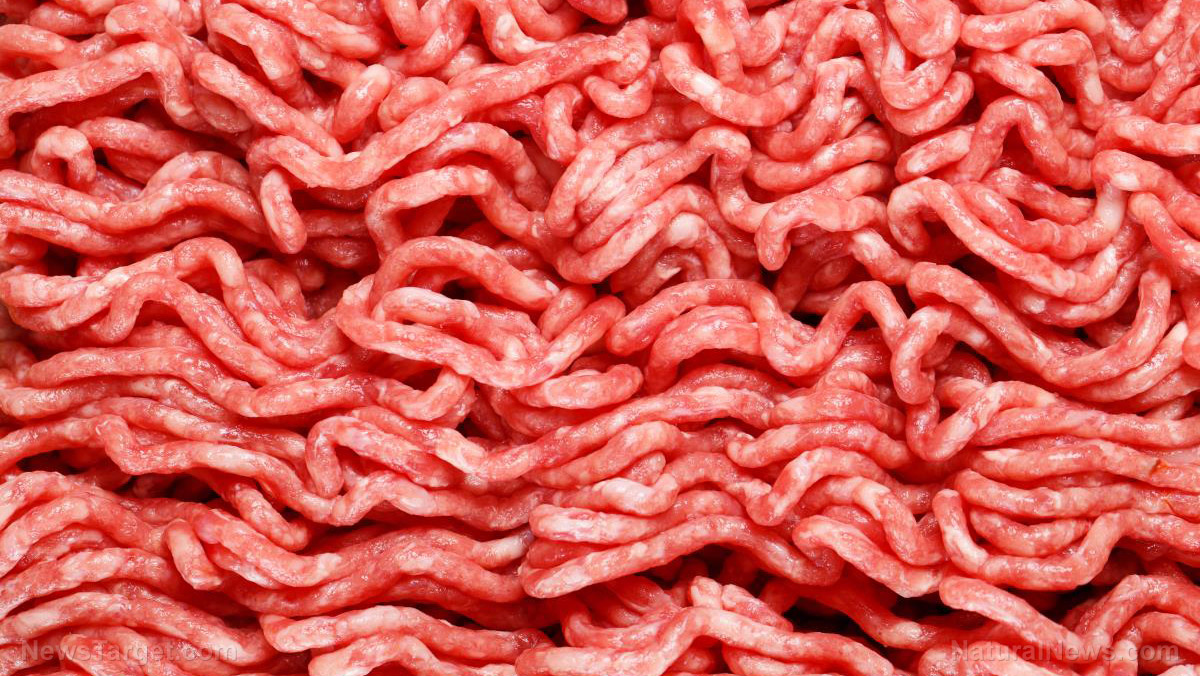Pork producers have been using mRNA-based GENE THERAPY on animals since 2018
04/18/2023 / By Zoey Sky

Dr. Joseph Mercola, an osteopathic physician, has been avoiding pork since 2018.
Mercola takes a “whole-person” approach to wellness, helping his patients develop attitudes and lifestyles that can help them take control of their health. That’s why he is also urging them to avoid consuming pork.
According to Mercola, pork producers have been using customizable mRNA-based gene therapy on animals.
Harrisvaccines developed the first RNA-based livestock vaccine, a swine influenza (H3N2) RNA shot licensed in 2012. In 2015, the company developed an avian influenza mRNA shot. Harrisvaccines was acquired by Merck Animal Health in 2016. That same year, CureVac developed an mRNA-based rabies shot for pigs.
Sequivity, a swine vaccine platform introduced in 2018, was developed by Merck in partnership with Moderna. Sequivity can produce customized “vaccines,” none of which undergo safety testing.
This means Americans have been consuming pork treated with gene therapy for almost five years. More of the country’s meat supply is about to get the same treatment.
After all, companies are working on mRNA-lipid nanoparticle vaccines for avian influenza, along with mRNA vaccines for cows. Lobbyists for the Cattlemen’s Association recently confirmed that they have plans to use mRNA “vaccines” in cattle, which might affect both dairy and beef. (Related: Why is eating large amounts of processed meat bad for your health? It comes down to the toxic additives and preservatives.)
When Merck purchased Harrisvaccines in 2015, the company also entered into a partnership with Moderna to develop several undisclosed mRNA “vaccines.”
This was slated to be a three-year collaboration, with a one-year optional extension that would allow Merck to perform research and development and commercialization of five potential products using Moderna’s mRNA technology.
Even if you only consume organic meat, you still need to look for products from reliable producers. Since search engines only provide a short list of curated and heavily censored content, it’s almost impossible to confirm how many pork producers in America use Sequivity.
Without that data, Mercola recommends avoiding pork altogether, including organic pork, especially since “organic standards do not have any rules on the use of vaccines, mRNA-based or otherwise.”
Since the Sequivity platform has been around for at least five years already, it seems reasonable to assume that almost all large-scale swine producers have made this transition.
One of the most frustrating aspects of this issue is that the industry didn’t tell consumers they were using novel gene therapy to develop harmful customized “vaccines” within weeks and without the required safety testing.
Missouri House Bill 1169 seeks to protect consumers from gene-therapied pork
Mercola noted that other health experts only became aware of this issue because attorney Tom Renz started warning others about it.
According to Renz, consumers can be protected from gene-therapied pork and other meats with the Missouri House Bill 1169, which would require labeling of products that can alter your genes.
The bill requires that “fully informed consent must be given for all vaccines, gene therapies and medical interventions, and would require companies to share information about the potential transmissibility of gene-altering interventions.”
And it shouldn’t surprise consumers that there has been significant pushback by the industry against this bill.
Why are companies so against the bill when it doesn’t ban anything and only requires transparency? What do they have to hide?
It’s not a stretch to think that they consider Missouri House Bill 1169 a serious threat because many of them are selling foods that can have gene-altering effects.
The bill would also prevent Big Pharma’s attempts to use the food supply as a tool to distribute vaccines to unknowing consumers.
Renz warned that Big Pharma will do whatever it takes to prevent people from finding out that they have plans to “use food to alter their genetics.” Unfortunately, this means some farmers are also being set up as the fall guys.
Additionally, major factory-farmers like Bill Gates have legal teams that can help protect the torts that may come if the food supply starts poisoning consumers while the small farmers could be at risk of being sued if it turns out that the food they are selling is unsafe, even if most of them don’t understand what is happening.
If the corn growers, soybean, cattle and pork associations really care about farmers, they should be demanding that seed companies and vaccine manufacturers indemnify small farmers rather than opposing a bill that requires them to tell farmers exactly what is in their products.
Missouri House Bill 1169 would help protect farmers from being sued because it would force the makers of GMO seeds and vaccines to be transparent about putting potential gene therapies into their products.
If the bill is passed in Missouri, it would also help protect the American food supply from contamination with gene-altering vaccines.
In the meantime, Mercola advises consumers to avoid all pork products, including organic products, that may have been tainted with mRNA vaccines.
Visit CleanFoodWatch.com to learn more about foods you should avoid.
Watch the video below to know more about cattle and pork that have been genetically modified.
This video is from the Suzie Etc- Search for Truth channel on Brighteon.com.
More related stories:
Top 7 “COMPLICATIONS” linked to Pfizer, Moderna, and J&J COVID gene mutation injections.
DEPOPULATION: Thanks in part to COVID jabs, most US counties lost population in 2021.
Sources include:
Submit a correction >>
Tagged Under:
Big Pharma, clean food watch, conspiracy, deception, food safety, food science, frankenfood, gene therapy, grocery, meat, Missouri House Bill 1169, pharmaceutical fraud, pork, products, stop eating poison, women's health
This article may contain statements that reflect the opinion of the author
RECENT NEWS & ARTICLES
StopEatingPoison.com is a fact-based public education website published by Stop Eating Poison Features, LLC.
All content copyright © 2018 by Stop Eating Poison Features, LLC.
Contact Us with Tips or Corrections
All trademarks, registered trademarks and servicemarks mentioned on this site are the property of their respective owners.

